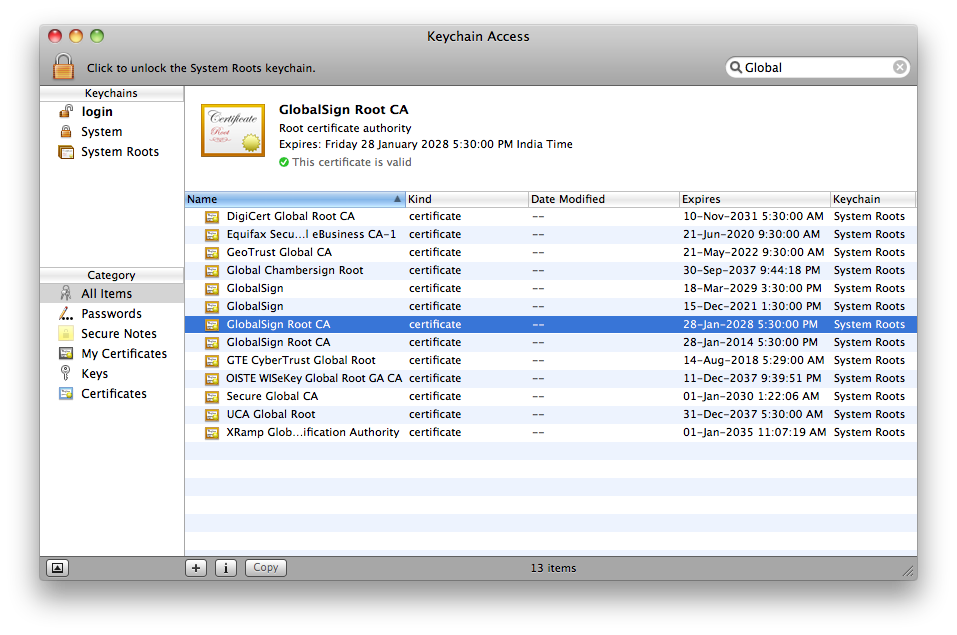Hosts File Entries To Block Adobe Activation Mac
What is hosts file and how does it differ from DNS? First of all, what is the hosts file, and how does it differ from the more commonly known DNS? The Domain Name System is the database that corresponds an IP address’ “dotted quad” numerical format with a website’s alphabetized web address. It’s a giant directory of which name belongs to which IP address, like an online yellow pages. Your Mac’s hosts file, however, is localized to your own device, like a list of contacts in your phone: The web address acts as your contact’s name — that’s how you find who you want to talk to — and the IP address is their cell phone number, which is your actual way of getting in touch with them. How editing the hosts file works Editing your Mac hosts file is a bit like changing the phone number in your contact book.
If you save the contact details with the wrong name, well, it’s still going to connect to that person when you ring the contact. If, however, you entered an incorrect phone number in our contacts analogy, whether that’s an invalid number or one that links to someone else’s, then you have no chance of getting through to that particular cell phone. Editing the hosts file reroutes the IP address, but only from your own Mac.
# end - block adobe product online activation via host file RAW Paste Data # These are windows host file entries to block Adobe CS5 & CS6 online product activation. Free paid softwares. In Finder, select the Go menu, then select the 'GO to Folder' menu option. Locate the hosts file, and DRAG/COPY it to the desktop. Add a new line at the bottom that contains the IP address and the host name. Save the changes. Press the button to Authenticate. Press the button to Replace the file. Enter your password.

Entering the web address will bounce you to a different IP address of your choosing (and therefore a different website) or to an invalid IP, which will give you an error page on your browser that says it can’t find the site you’re looking for. Can it boost my Mac's speed? Editing a hosts file is a way to speed up your browser performance.
But if you're tired of half-measures and want some solid improvement, we recommend a full browser cleanup, including deletion of browser cache. Our personal favorite is as it has a tool to uninstall browser extensions and the rest of the garbage Macs accumulate from the web, emails and message chats. Check it out —.
So why would you want to change your hosts file? Typically if you enter a web address in your browser, it’s because you want to reach that IP address.
So what are the benefits of rerouting? • Network Testing: If you’re developing a network, you can reroute the real domain name to the development site to see how real users experience it. This will not affect other users accessing the real site. • Block Malicious Sites: Apart from the risk of viruses and malware, undetected add-ons can also find their way into your system and begin slowing things down. Klonk image measurement keygen serial. Although it’s always worth investing in pop-up ad blockers, editing the hosts file prevents known malicious sites from being accessed.
If a link or pop-up attempts to enter the site, your OS simply re-routes it and takes you to a safer page. • Increased Speed: As we said earlier, finding a website via the DNS is like flicking through the yellow pages for the correct address. With the hosts file being localized to your Mac, this could potentially speed up your browsing by omitting the middle man. • Improved Productivity: Maybe you or your team are getting distracted with social media sites or video streaming. Blocking access to time-wasting sites is a good way of keeping focused on the job at hand.
